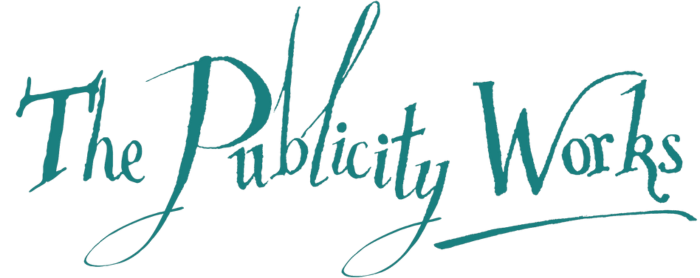FEM helps caterers get ready for EU allergen regulations: Allergen Saf-T-Zone System is a simple but effective approach to safe food preparation
 Foodservice Equipment Marketing (FEM) says the Allergen Saf-T-Zone System from San Jamar can help caterers implement procedures to comply with the new EU allergen regulations.
Foodservice Equipment Marketing (FEM) says the Allergen Saf-T-Zone System from San Jamar can help caterers implement procedures to comply with the new EU allergen regulations.
The Allergen Saf-T-Zone System is a simple but effective approach to safe food preparation. The kit can be used as a portable safe prep area, in order to ensure there is always a dedicated range of allergen-free equipment clean and ready to use whenever required, helping to prevent the chance of allergens reaching customers with food allergies.
The Saf-T-Zone System comprises a purple cutting board and purple-handled tools, including 12-inch stainless-steel tongs; 10-inch stainless-steel, commercial-grade chef’s knife and a high-temperature, angled nylon turner. All tools and the board securely snap into a durable, matching purple case that keeps all the equipment separate from other equipment and allergens, helping to prevent cross contamination.
“Purple is ideal to differentiate the Saf-T-Zone from other colour coded utensils,” says FEM’s sales and marketing director Mark Hogan. “It’s a very clear and obvious way to show due diligence. All staff need to be trained in order to understand the requirements of food allergic customers and how to prevent cross contamination.”
The Saf-T-Zone cutting board is embossed with warnings reminding staff to keep the prep area ring-fenced and to thoroughly clean and sterilise the equipment after use. The board also has an integrated ruler for easy portioning and cost control.
Made of hardwearing purple co-polymer material, the board is designed to withstand continual high temperature commercial washing without warping. The tools are also designed to be durable and to withstand high temperatures. Foodservice Equipment Marketing supplies the San Jamar Allergen Saf-T-Zone System with a full one-year warranty.
Note for editors: the new legislation (FIR Regs EU1169/2011) will require the whole foodservice sector, including restaurants, pubs and cafes, to track and list (in an obvious place) if certain allergenic ingredients are present in their dishes. The 14 allergens required by law to be identified are celery, gluten, crustaceans, eggs, fish, lupin, milk, molluscs, mustard, nuts, peanuts, sesame seeds, soya and sulphur dioxide.

